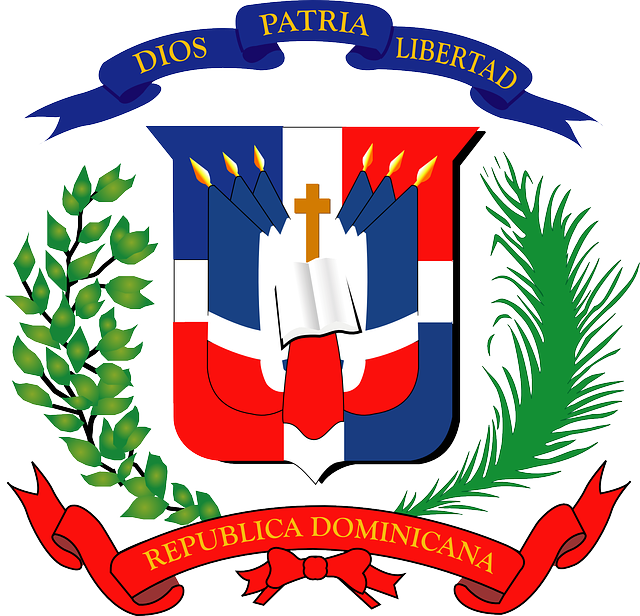In a familiar scheme seen across Latin America, prosecutors in the Dominican Republic have arrested a number of government officials for allegedly awarding lucrative government contracts to businesses in exchange for millions in bribes.
Wilson Camacho, the head of the Special Prosecutor’s Office for the Persecution of Administrative Corruption (Procuraduría Especializada en la Persecución de la Corrupción Administrativa – Pepca), called the evidence in the so-called Medusa Case “more than sufficient,” according to a July 8 press release.
The investigation centers on the 2016-2020 term of former Attorney General Jean Alain Rodríguez Sánchez. Prosecutors allege that he was part of a criminal network that handed out government contracts for low quality, unnecessary and expensive projects in exchange for bribes, defrauding the state of some six billion Dominican pesos (more than $100 million), according to a copy of the indictment obtained by InSight Crime.
Seven of the eight officials accused have been arrested and placed in pretrial detention, while the final defendant is currently a fugitive, according to local media reports.
Anti-corruption officials have so far seized luxury vehicles, dozens of phony invoices and compiled 5,800 pages of evidence they plan to use in the case. The accused face charges ranging from fraud and embezzlement to illicit enrichment and money laundering, according to the Attorney General’s Office.
One of the most notable schemes involved the “Humanization Plan.” The project was intended to overhaul and reconstruct the country’s prisons in order to reduce overcrowding and create a healthier and safer prison environment that would be more conducive to rehabilitation. Instead, the project was marked by poorly constructed buildings and missing payments, among other deficiencies. Anti-corruption prosecutors called the project a “fraud” that “bled” the public treasury.

The Medusa case adds to the Dominican Republic’s ongoing fight against corruption. In 2018, the former owner of the country’s Banco Peravia was sentenced in the United States to three years in jail after pleading guilty to his role in a billion-dollar money-laundering scheme. The bank was used to “pay bribes to Venezuelan government officials in exchange for contracts to conduct currency exchange schemes and to launder the money obtained from running those currency exchange schemes,” according to the US Justice Department.
Officials in the Dominican Republic were also caught up in the Odebrecht scandal, where overpriced government projects were contracted out to the Brazilian construction giant in exchange for bribes to government officials.
The multimillion-dollar corruption scheme will again put the Dominican Republic’s justice system to the test at a time when it is struggling to successfully prosecute other high-profile cases.
The Odebrecht case, for example, has been marked by stalls and administrative issues, including key witnesses failing to appear and the judge determining that investigators had not provided enough evidence on their own. Amid these struggles, prosecutors have drawn criticism that high-level corruption in the country continues to go unpunished.
Indeed, the Caribbean nation has one of the poorest corruption ratings in the region, according to the 2021 Capacity to Combat Corruption Index. However, the report did note that the Dominican Republic improved considerably from last year and that there has been an “anti-corruption push from President Luis Abinader.”
Still, these failures have greatly influenced public opinion. A shocking 93 percent of Dominicans believe that “corruption in government is a big problem,” one of the highest rates in the region, according to Transparency International’s 2019 Global Corruption Barometer.
.
By Parker Asmann and Tomas Michael, July 9, 2021, published on InSight Crime






